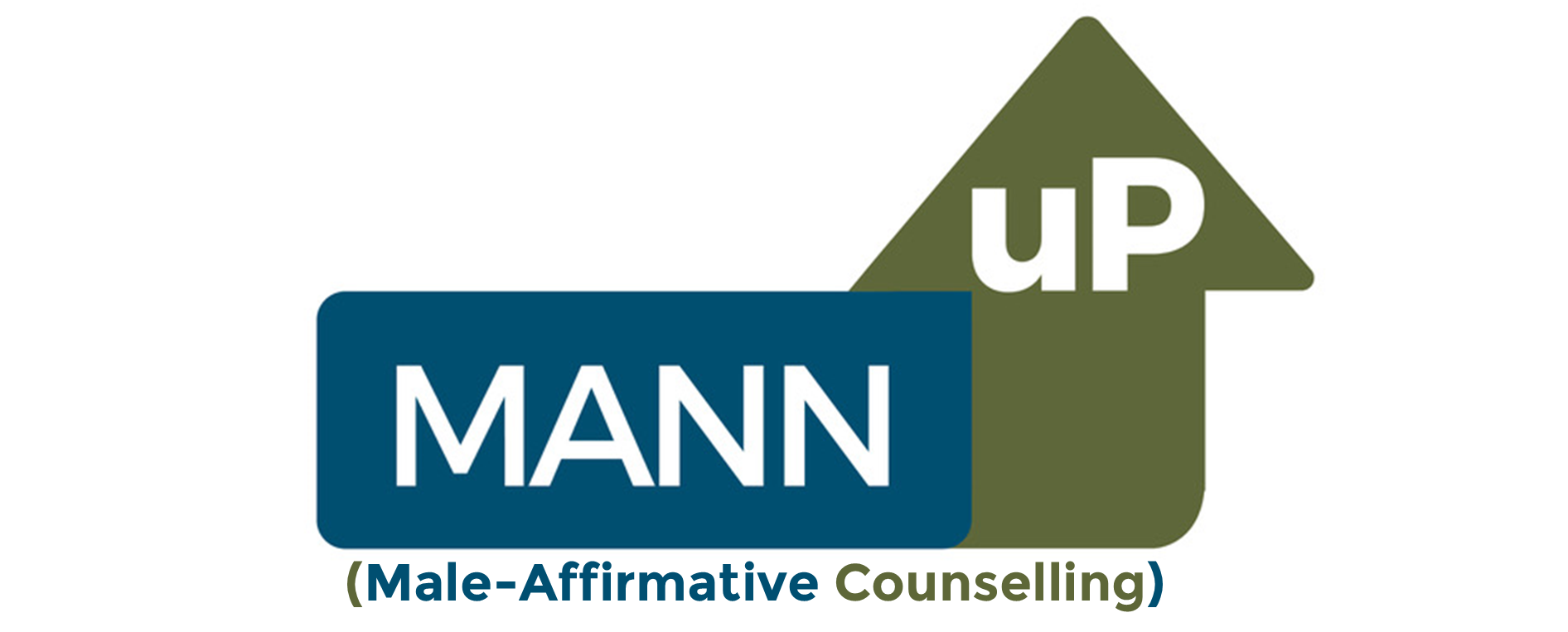Are you experiencing eco-anxiety? It is almost impossible to miss that the natural world we all inhabit, and the one we hope to pass on someday to future generations, is under severe pressure.
It seems to be everywhere you turn, you will be bombarded with messages about spaces, species and societies being under threat.
From politicians to schoolkids, everyone seems to be sitting up and paying more attention to environmental issues, and talking about what they and you should be doing to save the planet.
Whether it is our political leaders getting together to negotiate international targets at COP26, teen activists such as Greta Thunberg, calling on her fellow youthful future custodians of earth to take action, respected broadcasters such as Sir David Attenborough venturing out to capture on film the decline of the natural world, or campaign groups such as Insulate Britain taking extreme measures to gain public attention, everywhere you look, someone seems to be warning of impending doom.
For many around the world, the impacts of climate change and human behaviour are already being felt. Numerous news reports tell of how the likes of flood, fires, fossil fuels, pollution and plastic causing devastation both on land and at sea, and irrevocably changes peoples lives right now.
Then pile in on top of that concerns about the impact of farming and food production to feed an ever growing world population, and the ethical questions this raises about what you should or should not be eating. Do you have to be vegetarian or vegan? If you choose to eat meat, fish or animal products does that make you a terrible person?
It is entirely right that the human race is becoming conscious of its impact on the world around us, and that many worthy and well-meaning individuals are speaking up to call for action to protect it. It is also commendable that so many worthwhile world citizens are not just talking, they are also taking some form of action today, to help protect the world of tomorrow.
However for many, the vast array of environmental calls-to-action circulating can feel overwhelming and confusing, and pessimistic predictions about the future can leave anyone feeling depressed, and hopeless.
Facing what seems like a monumental issues, with little or no clear sense of what (if anything) you personally can do about it, naturally can make anyone feel helpless. Combine a sense of being under threat with feeling powerless, and it is entirely natural that emotions such as fear and anxiety can be activated within.
Anxiety about what is going to happen, anxiety about what you might be doing wrong, and anxiety about what you should be doing about it.
What is Eco-Anxiety?
The Cambridge Dictionary defines anxiety as: An uncomfortable feeling, or nervousness, or worry about something that is happening or might happen in the future.”
Naturally enough, when you are constantly bombarded with messaging in the media and on Socials about climate change impacts, habitat erosion, extreme weather conditions, and species extension it is not at all surprising that this can provoke feelings within you of discomfort, nervousness and worry.
Anxiety can be activated for many when there is a perception that something terrible is, or is about to happen, often combined with a sense that you are powerless to know how to deal with that terrible thing.
Our body in hardwired for survival and self-preservation, so when it perceives a threat or danger, we will automatically go into what is known as fight-flight-freeze mode. This is a natural reaction designed to help us to act quickly to protect ourselves, by either facing up to the danger, escaping from it, or hunkering down and getting though a situation with as little negative impact on us as possible.
The Healthline website has a good explanation of the fight-flight-freeze response and how it impacts on individuals.
With environmental issues, there is no doubt that they can present a threat or danger to human existence (although often it is not clear if the threat is to others or to you). This can trigger your mind into the fight-flight-freeze response, often made more stressful by either feeling overwhelmed by the extent of the threat, or having no clear sense of how you should respond to it and what action (if any) you should take.
Eco-anxiety can be thought of as the presence of a persistent and/or intense worry and fear about environmental damage and the future of the earth.
This is not as yet recognised as a diagnosable condition, but it being written and spoken about on many platforms and channels. Check out the Healthline website or the Medical News Today website.
Furthermore, a recent story on The Guardian website shows recognition of eco-anxiety is increasing, and it seems to be an issue that is having a huge impact on children and young people.
Whether a diagnosable condition or not, it is clear that many people are experiencing anxiety that is activated by and connected to concerns about the environment and the future of the world. If that is you or someone you know, ignoring eco-anxiety is not likely to help it 'just go away’. You should with support confront those troubling thoughts and feelings and develop strategies to respond in a way that is good for you, and good for the world around you.
What To Look Out For?
As with any form of anxiety triggered by the activation of the fight-flight-freeze response, there are certain thoughts, behaviours and sensations to look out for as follows:
- Increased heart rate and rapid breathing.
- Feeling fidgety, nervous and unable to physically settle.
- A tightening in the chest.
- Feeling agitated and irritable.
- Sleep disturbance.
- A ‘racing’ mind that cannot seem to stop thinking/worrying about things.
- Constantly scanning media and Socials for news on environmental issues.
- Difficulty concentrating or completing simple tasks.
- A desire to want to retreat from the world and other people.
What You Can Do About it?
As with any form of anxiety, there are a wide range of positive and proactive things you can do to start to manage and reduce symptoms of eco-anxiety, in order to give your brain space and capacity to come up with a longer-term plan of action.
The NHS website has a range of very good general tips to alleviate experiencing of anxiety.
You want to be in a position to utilise your own capable brain to help you decide how you are going to respond to the threat of environmental issues, and what actions you are going to take to do your bit to minimise that threat to you and to others. In order to help you brain do its work and come to that plan you may want to think about:
- Relaxing Your Brain To Give it a Chance to Recharge: Like any other organ in your body, your brain can become fatigued or overworked and exhausted. To help recharge it, why not consider some form of relaxation, mindfulness or mindful activities for at least a few minutes every day. Sleep is another brilliant way to give your brain a rest.
- Feed Your Brain: Your brain like the rest of your body needs fuel in the form of food to function at its best. Make sure you eating as healthy a diet as possible, and limit stimulants such as coffee and sugar which will only agitate your brain more.
- Discharge the Nervous Energy From Your Body: When your body is full of the nervous energy generated by being in the fight-flight-freeze mode, it can hard be to settle down to come up with a plan. Taking some form of physical exercise can help release that pent-up energy allowing you to feel more settled.
- Connect and Share With Others: Talking with others about the worries you have about the environment can help you not feel so alone with it all, and can also help give you useful information in the form of others’ knowledge to see things more clearly and/or understand better what is happening.
- Limit Your Information Intake: It may well be a good thing to limit how much media and Socials content you consume on environmental issues to give you a bit of a break from it, and to give more mental time and space to absorb and reflect on what you do hear, rather than loading in yet more information before you have even had time to think about what you have already learned.
Once your brain is more settled and has capacity, you can then move on to thinking about your own personal plan of action for doing your bit to tackle environmental issues, such as:
- In Your Personal Life: Look at the steps and changes you can proactively take in your own day-to-day life to minimise your environmental impacts.
- In Your Community: Look at what you could do either yourself or in conjunction with others to make a positive environmental impact in the community/country you live in.
- In the World: It is unlikely that any one person can proactively support every environmental cause/issue throughout the world, who has the time for that? So why not choose one or two global environmental issues (e.g. deforestation, beef production, use of renewable energies etc.) that you can really get behind and then join up with others campaigning on those issues to lend your voice and support to that cause.
JOIN UP WITH OTHERS
Check out some of the leading environmental organisations who might help you start to think about action you can take In your personal life, in your community and at a global campaigning level.
HOW MANN UP CAN HELP
If you are experiencing feelings of anxiety, MANN uP personal programmes can help you to restructure your thinking habits, and gain better control over your emotional activations.

